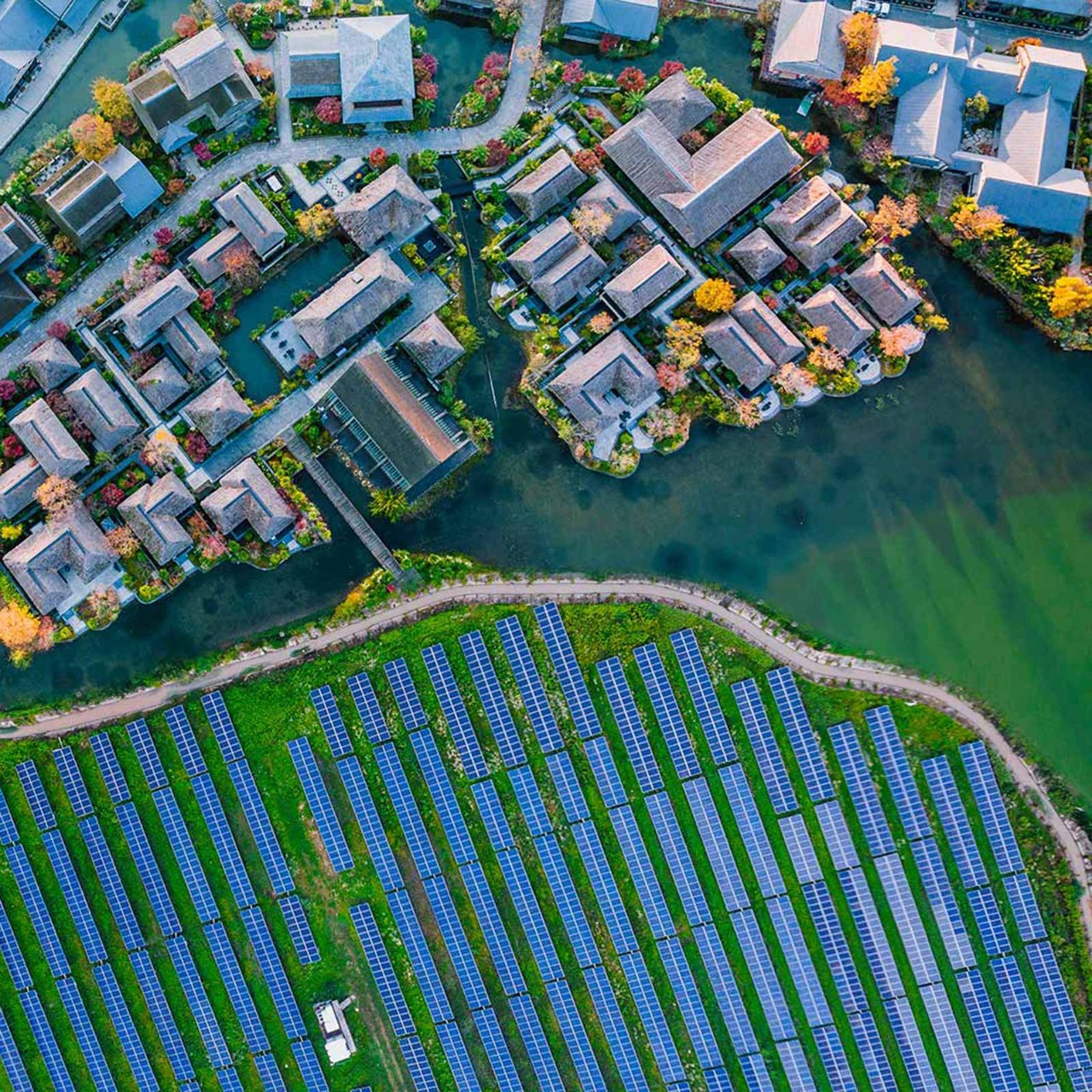
Indonesia is the fourth largest country in the world by population and stands out among developing countries for its continued stability amid extraordinary diversity, and with steady economic growth raising living standards.
While the country’s success is not generally recognised and its economic prospects are often underrated, its effective hosting of the G20 summit in November 2022 has ushered Indonesia into the limelight. This is appropriate because we believe that the conditions are now in place for Indonesia to enjoy an acceleration in economic growth in the coming years.
Stability
The first ingredient for sustained economic growth is political stability. Twenty-five years after the Asian financial crisis triggered the collapse of the former dictatorship, Indonesia has transitioned into a stable democracy.

The country is currently enjoying the most politically stable period in its history
It is no exaggeration to say that the country is currently enjoying the most politically stable period in its history. Free and fair elections have been held every five years since 1999, with the winners often sharing power with the losers, so politics is more than a zero-sum game. This has allowed a consensus to be forged over the critical elements needed for political stability: a secular and inclusive republic that upholds harmony among the diverse ethnic groups and religions that make up the country.
There is also general agreement among the political parties over what is needed to ensure good economic performance. The key points are: an economy that is mostly open to trade and foreign investment, sound macro-economic frameworks (such as an independent central bank) that produce low inflation, a generally stable currency and a robust fiscal position.
Enough reforms are now in place for the country to unleash its potential
Ready to rumble
The second factor for success is that enough reforms are now in place for the country to unleash its potential. A major infrastructure push since the current president, Joko Widodo (or Jokowi as he is usually called), took over has strengthened power generation, and improvements in the transportation system have reduced logistics costs significantly.
Jokowi’s deregulation programme has improved the ease of doing business, while his most recent reform package liberalised labour market regulations and reduced restrictions on foreign investment. Industrial policies to promote resource-based manufacturing have sucked in billions of dollars of foreign investment in nickel processing, battery manufacturing and electric vehicles. Subsidy rationalisation has allowed fiscal resources to be deployed to productive areas such as education and infrastructure rather than wasteful consumption.
This has put Indonesia in an excellent position to take advantage of some global trends. China’s rising domestic costs and its geopolitical tensions with the US will probably result in supply chain reconfiguration, which could result in the relocation of some production away from China. Although Vietnam has been the main winner from this trend, Indonesia is also beginning to get in on the relocation action, which has shown up as a sharp expansion of foreign investment in the country.
Right direction
Of course, Indonesia’s economic managers have not got everything right. The battle against corruption remains unfinished. Vested interests still hold too much sway. Some industrial policies – such as limits on the export of crude palm oil – have not succeeded. And nationalistic policies have impeded the development of offshore natural gas resources, resulting in Indonesia now being a net importer of energy rather than a net exporter. But it is fair to say that Indonesia has got most of the economics right and that policy reform is generally moving in the right direction.
For Indonesia to sustain its economic take-off, it needs to continue the policies that have been successful so far. The winner of the 2024 presidential election will determine whether the future direction of the country stays on the same track.
Annual economic growth is set to pick up from around 5% over the past few years to 7% from 2024 onwards
Overall, putting the positives and the negatives together, our conclusion is that Indonesia’s 280 million people are set to enjoy economic growth picking up from around 5% over the past few years to around 7% a year from 2024 onwards. It is not an unblemished story, but it is a pretty good one.


